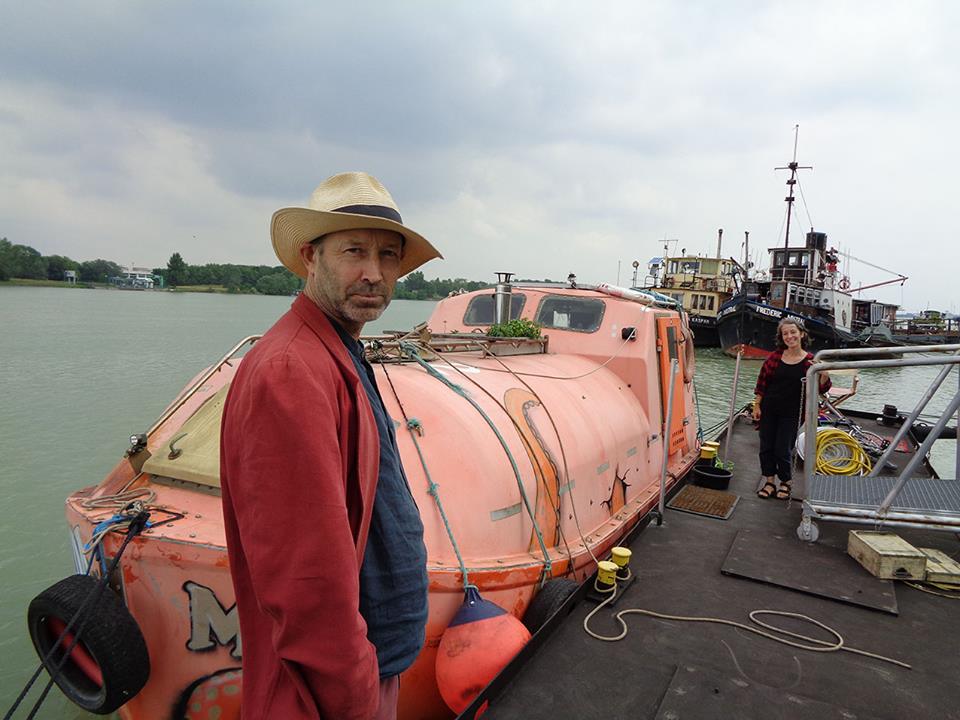The hidden centralization crisis in #openweb tech, and how #OMN fixes It. One of the often overlooked issue in #openweb technology is that our data remains dangerously centralized. Even in supposedly decentralized systems, vast amounts of critical information still rely on a handful of corporate-owned data centres. This fragile setup means that a single accident, political upheaval, corporate shutdown, or environmental catastrophe (#climatechaos) could wipe out entire digital histories overnight.
Despite the promise of decentralization, much of our infrastructure still depends on centralized hosting, leaving communities vulnerable to erasure. The illusion of permanence is just that, an illusion. The question isn’t if data loss will happen, but when.
The #OMN path to building a resilient web, is a radically different approach, ensuring that content remains accessible even in the face of system failures. Instead of relying on fragile, monolithic storage solutions, it embraces redundancy, simplicity, and resilience through the #4opens principles.
Here’s how #OMN keeps the web truly open and sustainable, redundant, grassroots network-stored content. Data is distributed across multiple independent nodes rather than locked into a single corporate-controlled server. This scales down to individual accounts and home hosting paths. This prevents mass erasure and ensures that no single entity controls access to vital information.
#KISS (Keep It Simple, Stupid) design, instead of complex, failure-prone tech, #OMN emphasizes simplicity and usability. The system is built to survive disruptions by keeping technology accessible, lightweight, and easy to replicate. No reliance on traditional backups, when a node fails (which it inevitably will), there’s no need for massive backup operations. Simply boot up a new node, input your hashtags and user info, and the network automatically reconstructs as much data as possible. This lossy-but-functional recovery method ensures continuity without unnecessary complexity.
Scalability through home hosting, the future of a resilient #openweb lies in decentralized, grassroots hosting rather than reliance on corporate servers. Home hosting allows people and communities to reclaim control, expanding the network organically without falling into the traps of commercialization.
Reboot the #OMN, follows the #4opens, the corporate web is fragile because it’s designed to serve profit, not people. The #openweb was never meant to be centralized, and yet, the forces of capitalism, surveillance, and convenience have led to its current vulnerable state. If we want a web that survives revolutions, #climatechaos, and the collapse of tech giants, we need to reboot the #openweb and commit to the #4opens:
- Open Data – Data should be accessible and free from corporate control.
- Open Source – Technology should be transparent and modifiable by anyone.
- Open Standards – Systems should communicate and work together, not be locked into proprietary silos.
- Open Process – Development should be done in public, ensuring accountability and community-driven decision-making.
The native path isn’t bigger servers or better encryption, it’s resilient, people-powered infrastructure that is based on trust, usability, and decentralization over corporate control.
Reboot the web. Build for resilience. Follow the #4opens.

